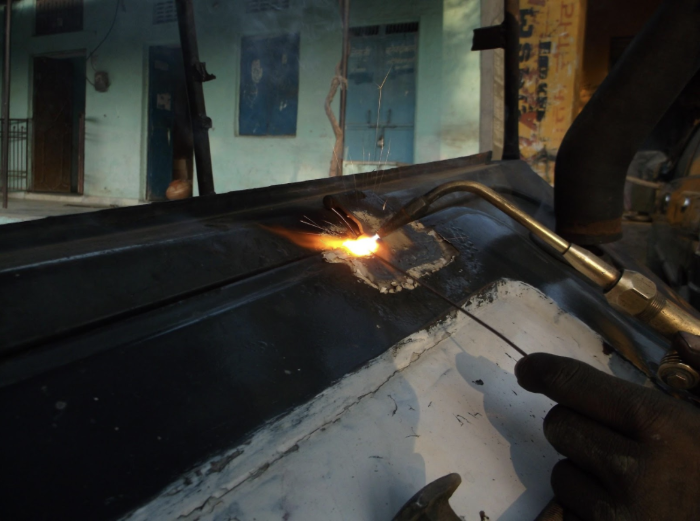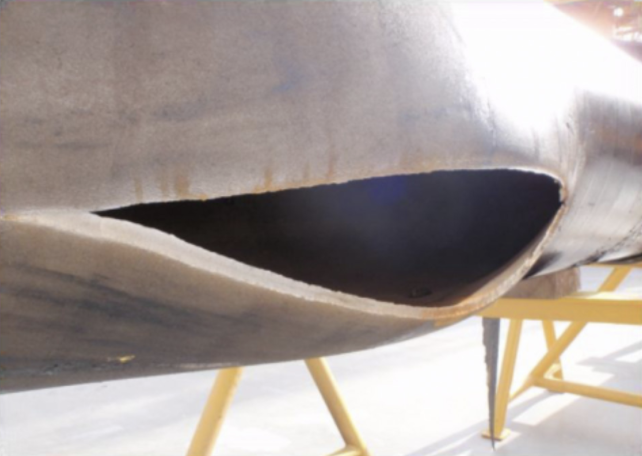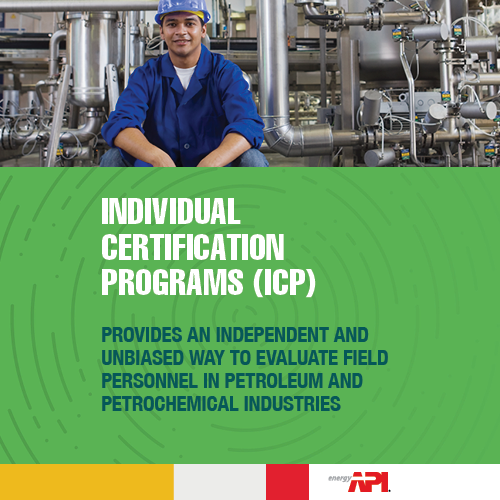Introduction
Welcome to the Welding Inspection unit of the Mechanical Integrity Professional Initiative. Inside this unit, you will learn about the core mechanics and principles of welding inspection and why it is so important in the refining, chemical, and petrochemical industries.
The information in this unit is primarily found in API RP 577, Welding Processes, Inspection, and Metallurgy (Third Edition). In fact, this unit may certainly be used as a study reference for those who are interested in obtaining the API 577 certification. While it is not a replacement for detailed training or the Recommended Practice itself, it may provide additional context to help understand and make use of the API 577 body of knowledge and assist the reader in understanding the spirit of the practice.
What is welding?
Welding is one of the most important and oldest trades in the world that involves joining/fusing separate materials, usually metals or thermoplastics, using extreme heat. There are several types of welding processes used in the refining and petrochemical industries, each with its own set of advantages and limitations. The most commonly used processes include shielded metal arc welding (SMAW), gas tungsten arc welding (GTAW), gas metal arc welding (GMAW), flux-cored arc welding (FCAW), submerged arc welding (SAW), stud welding (SW), plasma arc welding (PAW), and electrogas welding (EGW).

Why do we inspect welds?
Welding imperfections/defects such as incomplete penetration, incomplete fusion, undercutting, porosity, and cracks are all possible due to various causes and can ultimately lead to a crack, through-wall failure, or leak. These causes may include poor workmanship, design issues, incorrect material, improper weld procedure specifications, and/or unfavorable environments. Therefore, it is crucial to ensure the quality and reliability of welds in equipment prior to placing it into service by inspecting welds.

Common Terms and Definitions
Throughout the Welding Inspection module, you may come across some of the following terms which are commonly used in the welding profession.
| Term | Definition |
| Arc Welding | Arc welding is a process that uses a welding power supply to create an electric arc (for creating heat) between a consumable or non-consumable electrode and base material to melt metals at the welding point. |
| Alternating Current (AC) | An electric current that periodically reverses its direction. |
| Consumable Electrode | Electrodes that are “consumed” in the welding process and become part of the weld bond itself. |
| Direct Current (DC) | An electric current that flows in a single direction. |
| Direct Current Electrode Negative (DCEN) | Straight polarity. Arrangement of direct current arc welding leads in which the electrode is the negative pole and the workpiece is the positive pole of the welding arc. |
| Direct Current Electrode Positive (DCEP) | Reverse polarity. Arrangement of direct current arc welding leads in which the electrode is the positive pole and the workpiece is the negative pole of the welding arc. |
| Flux | Materials used in welding processes that shield the weld from atmospheric gases. |
| Non-Consumable Electrode | Electrodes that are not “consumed” in the welding process – that is, they have extremely high melting points and are not affected by the heat that is generated. |
| Root Pass | The first weld bead placed on an open joint in a multi-pass weld. |
| Slag | A material that is produced as a byproduct of some welding processes when the flux melts in the weld zone. |
| Weld Pool | The workable portion of a weld where the base metal has reached its melting point and is ready to be infused with filler material. |
















